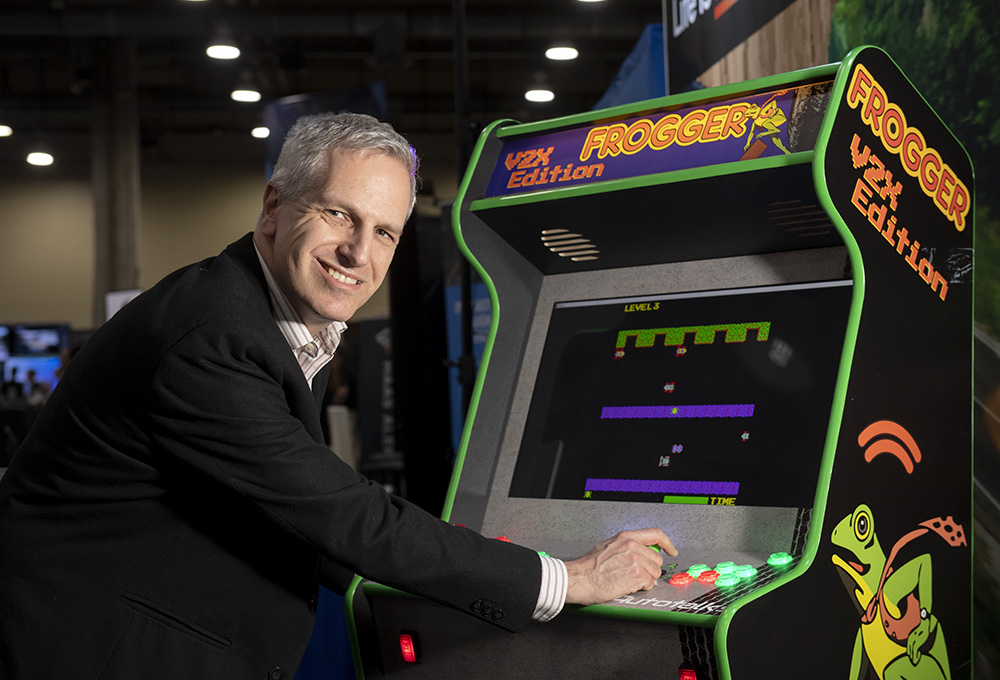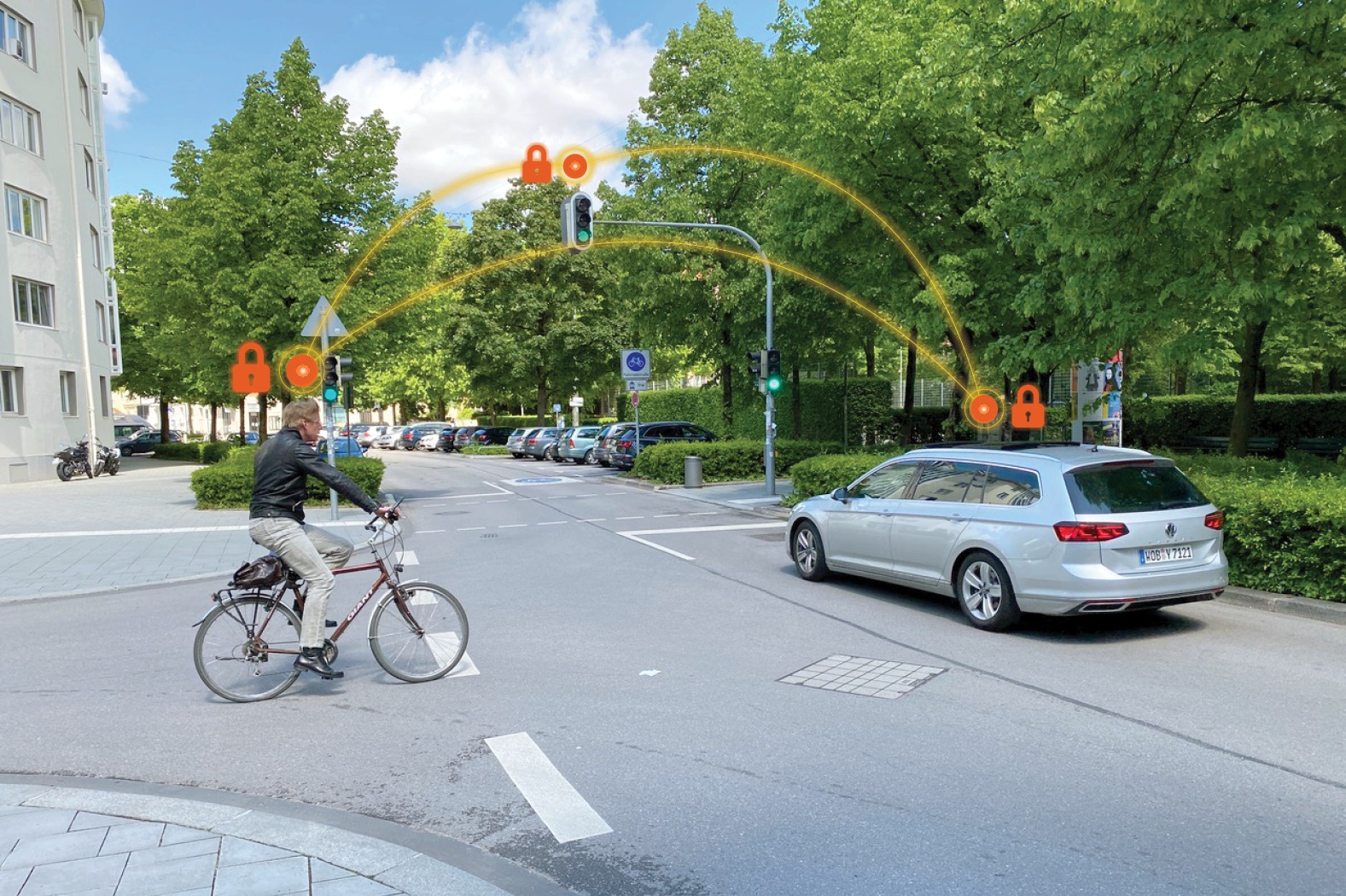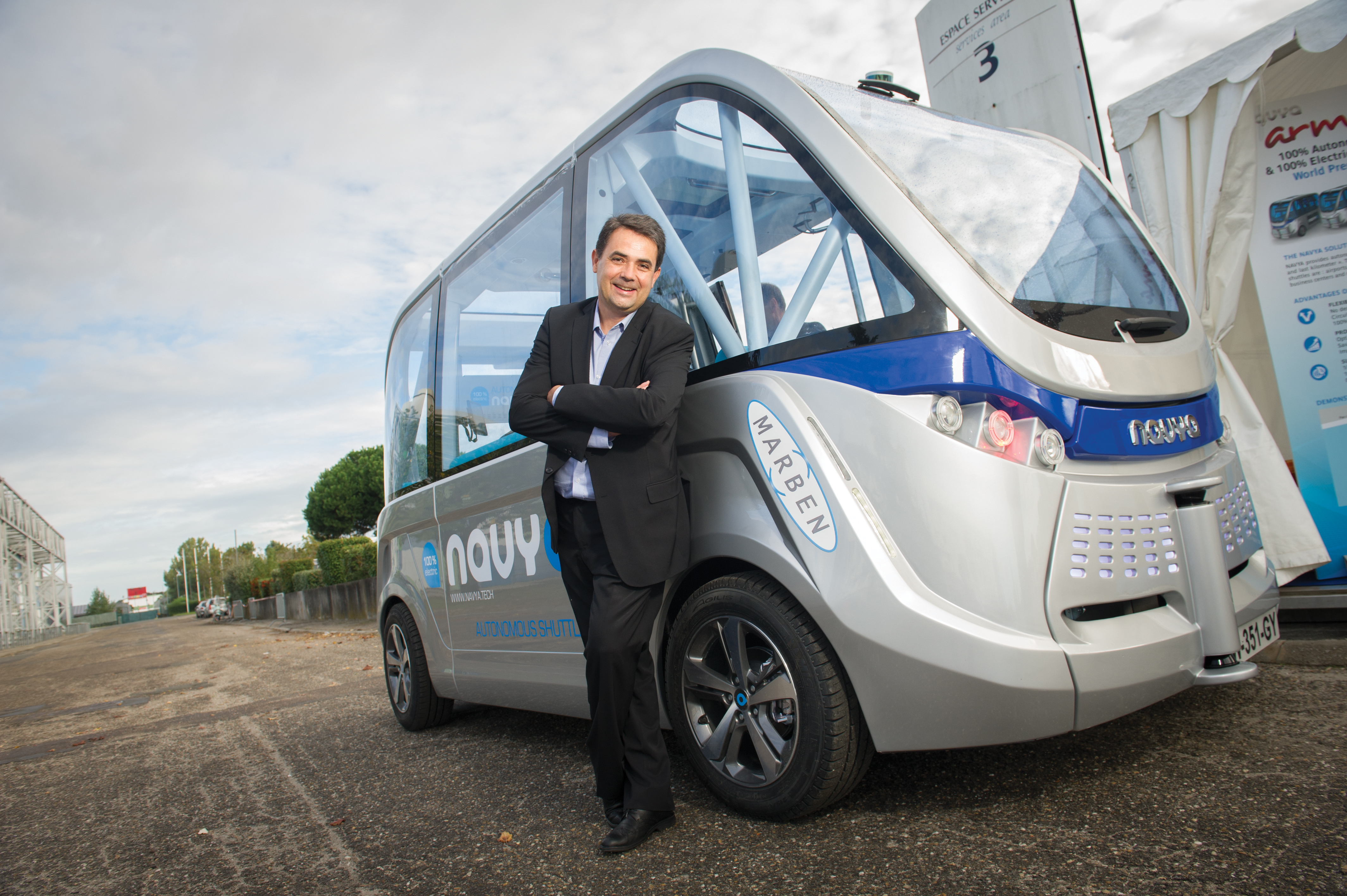
Autotalks has released what it says are the world’s first Vehicle to Everything (V2X) chipsets which support 5G-V2X for Day 2 scenarios.
Such applications can use sensor data shared by other vehicles and enable critical actions such as automatic braking - rather than just issuing warnings.
“Our third generation chipset is an engineering breakthrough which enabled us to achieve business breakthroughs,” says Amos Freund, Autotalks VP R&D.
“Our engineers managed to design the first V2X chipset which supports Day 1 and Day 2 scenarios concurrently, which will help protect users of cars, bikes, scooters, alongside pedestrians and will enable automatic braking."
The chipsets, Tekton3 and Secton3 "have already been awarded for series production of a passenger car by a major automotive OEM", says Autotalks in a statement.
The first samples are expected to be available early next year, with the first cars equipped with the new chipsets slated to be ready in 2025.
The company says they will enhance the capability of its ZooZ micromobility V2X safety platform for preventing bike and scooter accidents and protecting vulnerable road users such as pedestrians.
Autotalks says they are the world’s only Functional Safety-certified V2X chipsets, designed according to ISO26262 ASIL B.
They will support all upcoming V2X requirements in both DSRC and C-V2X communication technologies, including the latest 5G-V2X (C-V2X Rel. 16/17/18) and IEEE802.11bd (next generation DSRC), Autotalks insists.
The chipsets will embed ultra-low-latency V2X Hardware Security Modules (eHSM) and hardware acceleration of line rate security verification. Tekton3 also includes an optimised CPU scaled for Day 1 and Day 2 V2X stack execution.












